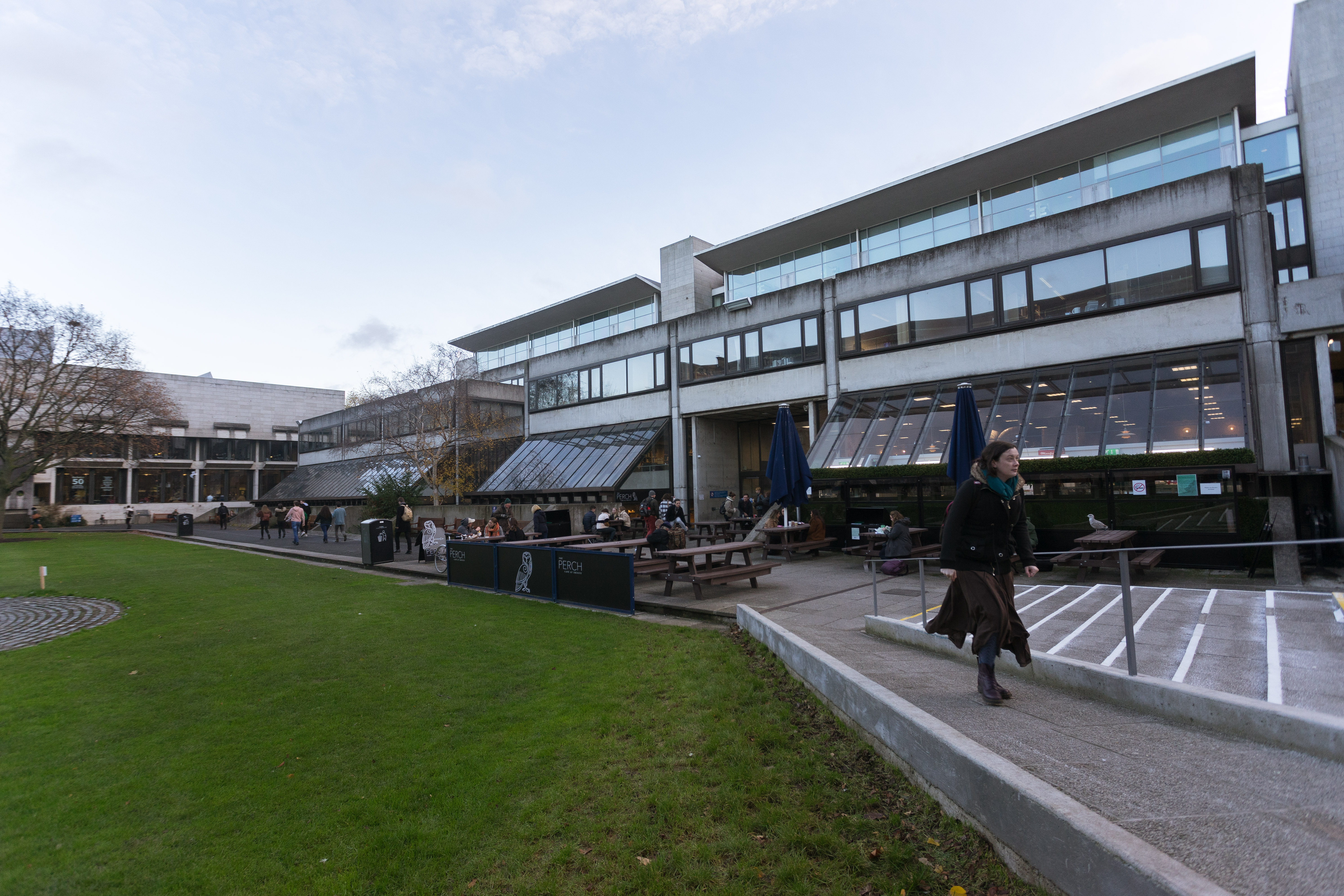On Tuesday, in the Maxwell Theatre, PsychSoc played host to guest speaker John O’Connor, a lecturer at College as well as a registered psychologist and psychotherapist. The objective of the lecture was to open up a conversation surrounding the concept of mental health and illness as a paradigm that may be causing issues in public perception. This event was included in the Trinity College Dublin Students’ Union’s (TCDSU) Body and Soul Week that is currently running, with a number of activities that cater to a variety of interests, for example, Shamanic Deep Breathing workshop with DU Meditation on Thursday and multiple exercise programmes like yoga and HIIT cycles.
The purpose is to promote and encourage positivity surrounding body image and the way we treat ourselves. More importantly, Body and Soul Week is an excuse to take a moment to appreciate our own bodies and to nourish our souls with good energy, as well as building awareness on how we can take care of ourselves in simple ways and through simple means. The event on Tuesday addressed the mental aspect of our health and the debate surrounding how we should approach mental health from both a professional and a personal perspective.
O’Connor’s main issue that he wished to address was the common distinction made between mental health and mental illness. He believes this may damage our understanding of where distress comes from and allow us to separate our experiences of suffering or trauma from our regular mental states. What follows from this is often the misinterpretation of the individual as ill-informed or ill-intentioned. However, for O’Connor, this is an important conversation to be had among all members of society. For him, he feels he’s speaking for those who find the concept of mental health incomprehensible and “stifling”. The need to address the realities of mental health and mental illness as one is pressing. People must be made aware that just like our physical health, our mental health can become healthy or unhealthy at different times throughout our lives, and for various reasons.
O’Connor kept the lecture lively as he moved through various areas of psychology and psychiatric care with the aid of some questions from the crowd. Some brought up the influence of social media on the growth of self-diagnosing and attribution to certain mental illnesses like anxiety and depression. O’Connor didn’t take great issue with this, his reasoning was that it is good that people are acknowledging their own internal suffering and relating or assigning themselves to certain conditions. However, he made it clear that issues can arise when a person starts to believe they have an illness without formal assessment. “These things become fashion,” he stated it is as a negative aspect of media based promotion and discussion of mental health. As O’Connor puts it, the personal aspect of our mental health is taken away as a result. Despite this, his general opinion on this matter remains positive, his justification being that it is better to acknowledge and fuel the anxiety surrounding health rather than suppress it.
Enclosed in a small lecture hall, the questions and answers came quickly and with passion. O’Connor served as an enthusiastic speaker who was both articulate and intelligible on all subject matter presented. No topic was off limits as areas like the involvement of the drug manufacturing industry through economic means and what they have to offer to the debate were explored. The effects of language like treatment and clinician, as well as the state of psychiatric institutions and services lacking “vitality” and how they “can often reflect distress” were also subjects that were not shied away from.
As the event came to a close, O’Connor wished to communicate the value of looking into the roots of experience as a way of getting insight into our own mental health. Further to this, he encouraged the integration of our internal suffering and pain into our everyday lives to create a sense of managing one’s own health, rather than seeing it as something we need to get rid of. In short, attention to the individual experience is key. Professor O’Connor is also planning on starting up a monthly lunchtime series where he will deal with different states of mind, such as envy, hate, obsessiveness, and more. This would appear to be a move in the right direction for the development of education on the complexities of the human mind. It is this kind of action that provides an encouraging outlook on the College’s attitude towards the maintenance of our students’ wellbeing.






